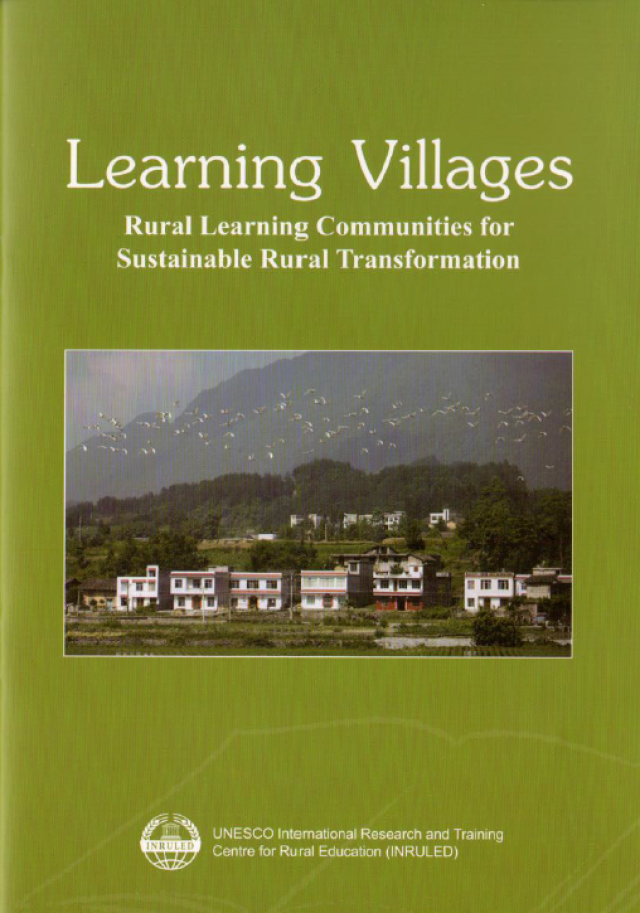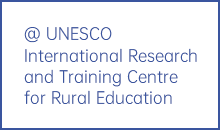
Most government institutions, NGOs and other stakeholders seem to be implementing a top-down approach in their national development strategies and as such poverty persists in most rural communities in the developing countries of the Asia-Pacific and Sub-Saharan Africa regions. As such policies implemented by these various stakeholders are ineffective and have made overall poverty alleviation rather fragmented and uncoordinated and much short of dynamism is required to achieve desired results. In other words, non-participation of local authorities and communities means that community mobilisation and participation is not being viewed as both a goal of development which requires that national resources and opportunities be equitably distributed, and as a way of facilitating and energising the development effort by means of popular involvement in developmental decision making. Lack of empowerment amongst rural people leads to their vulnerability and thus most development projects tend to benefit the benefactors rather than the beneficiaries. In light of this, sustainable development is not achieved because non-participation of local people means that rural development is not self-sustaining. Therefore, local rural people play an important role in rural development because they understand their situation and problems better than the governments, aid agencies and other stakeholders. One of the biggest problems or upsets in most developing countries’ rural communities is poverty which has detrimental effects on the socio-economic lives of local people. Participation and involvement of local people at grassroots level is important in curbing this phenomenon. It is within this context that the notions of learning village/rural learning comunities becomes critical.













